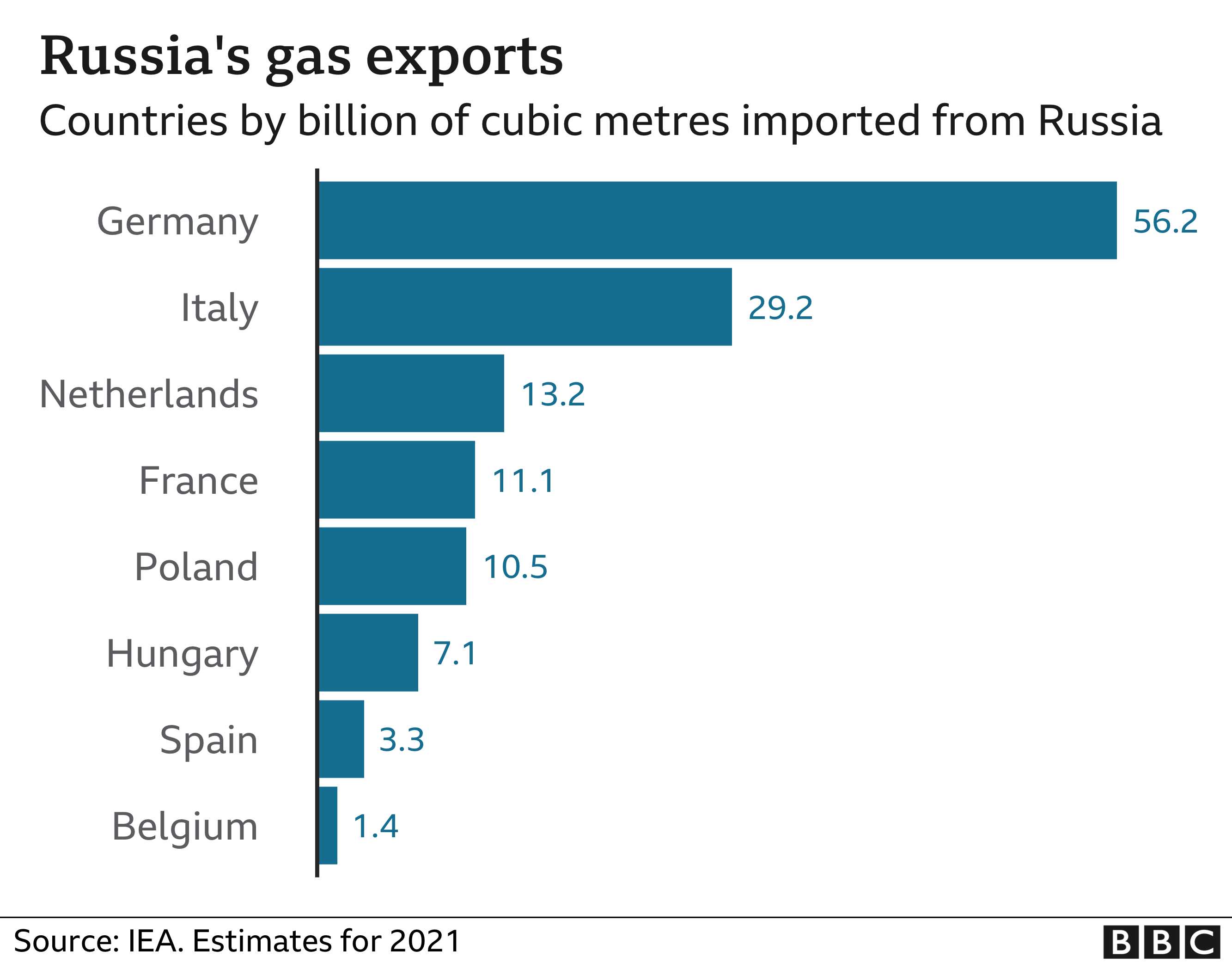Taiwan's Nuclear Phase-Out: The Rise Of LNG Imports

Table of Contents
The Decline of Nuclear Power in Taiwan
Taiwan's history with nuclear power is complex. While nuclear energy once played a significant role in the nation's energy mix, a growing anti-nuclear movement and several high-profile incidents internationally fueled public concern about safety and waste disposal. This led to a gradual shift in government policy, culminating in a commitment to phasing out nuclear power.
-
Timeline of nuclear plant closures: The decommissioning process began with the oldest plants, with a phased approach resulting in a significant reduction in nuclear power generation over the past decade. Specific dates for closures vary by plant, but the overall trend points toward a complete phase-out by a targeted date.
-
Public opinion and anti-nuclear activism: Strong public opposition to nuclear energy, amplified by grassroots anti-nuclear movements in Taiwan, played a crucial role in shaping government policy. Protests and public discourse significantly impacted the political decision-making process regarding nuclear power.
-
Government policy and energy diversification goals: Facing pressure from public opinion and a desire to diversify its energy sources, the Taiwanese government implemented policies that prioritized renewable energy and LNG imports to replace nuclear power. This is a key element of Taiwan's broader energy diversification strategy.
-
Concerns about nuclear waste disposal and safety: The long-term storage and disposal of nuclear waste remain major concerns. These concerns, coupled with anxieties about potential accidents, heavily influenced the public's negative perception of nuclear power in Taiwan. The lack of a permanent solution for waste disposal fueled the anti-nuclear movement.
The Surge in LNG Imports as a Replacement
The decline of nuclear energy has necessitated a significant increase in Taiwan LNG imports to meet the island's energy demands. This surge reflects the crucial role LNG now plays in Taiwan's energy security.
-
Statistics on LNG import volumes over the past decade: Data shows a dramatic increase in LNG import volumes, clearly demonstrating the shift away from nuclear power and towards LNG as the primary replacement energy source. Specific figures can be cited from relevant energy reports.
-
Sources of LNG imports (e.g., Australia, the US, Qatar): Taiwan imports LNG from a diverse range of international suppliers to mitigate risks associated with reliance on a single source. This diversification strategy aims to ensure a reliable supply of LNG.
-
Development of LNG import terminals and infrastructure: Significant investment has been made in developing and expanding LNG import terminals and associated infrastructure to handle the increased volumes of LNG imports. This infrastructure is critical for the smooth operation of Taiwan's LNG-based energy system.
-
The role of private sector investment in LNG infrastructure: Private sector investment has been instrumental in financing and developing much of the necessary LNG infrastructure, illustrating a successful public-private partnership in addressing Taiwan's energy needs.
Challenges of Taiwan's LNG Reliance
While LNG provides a crucial bridging energy source, Taiwan's heavy dependence on LNG imports introduces several significant challenges.
-
Price volatility of LNG in the global market: The global LNG market is subject to significant price fluctuations, creating uncertainty and potential cost increases for Taiwan's energy sector. This volatility exposes the country to considerable economic risk.
-
Geopolitical risks affecting LNG supply chains: Geopolitical instability in regions that produce or transport LNG poses a threat to Taiwan's energy security. Disruptions in these supply chains could severely impact the island's energy supply.
-
Environmental concerns related to LNG production and transportation (methane leaks): The extraction, processing, and transportation of LNG have environmental implications, particularly concerning methane emissions, a potent greenhouse gas. This environmental impact needs to be carefully considered.
-
Dependence on foreign suppliers and potential for energy blackmail: Reliance on foreign LNG suppliers creates vulnerabilities and the potential for geopolitical pressure or even energy blackmail. Diversifying supply sources is vital to mitigate this risk.
Exploring Alternative Energy Sources in Taiwan
To mitigate the challenges of LNG dependence, Taiwan is actively pursuing the expansion of renewable energy sources.
-
Government targets for renewable energy generation (solar, wind, etc.): The government has set ambitious targets for renewable energy generation, aiming to significantly increase the share of renewables in the national energy mix.
-
Challenges in expanding renewable energy infrastructure (land constraints, grid stability): The expansion of renewable energy infrastructure faces challenges, including limited land availability and the need to upgrade the electricity grid to accommodate intermittent renewable energy sources.
-
Investment in renewable energy technologies and research: Significant investments are being made in renewable energy technologies and research to overcome these challenges and improve the efficiency and cost-effectiveness of renewable energy systems.
-
Opportunities for offshore wind power development: Taiwan's geographical location presents opportunities for large-scale offshore wind power development, which holds significant potential for contributing to the nation's energy needs.
Conclusion
Taiwan's shift away from nuclear power has resulted in a significant increase in Taiwan LNG imports, fundamentally altering the nation's energy landscape. While LNG provides a crucial bridge in the energy transition, the country faces considerable challenges related to price volatility, geopolitical risks, and environmental concerns. A diversified energy strategy, incorporating a robust expansion of renewable energy sources, is crucial for ensuring Taiwan's long-term energy security and reducing its reliance on Taiwan LNG imports. Understanding the complexities of Taiwan LNG imports is essential for navigating the future of the island's energy sector. Further research into sustainable energy solutions for Taiwan is vital to securing a stable and environmentally responsible energy future.

Featured Posts
-
 Cote D Ivoire Projet Du 4eme Pont D Abidjan Tout Savoir Sur Son Execution
May 20, 2025
Cote D Ivoire Projet Du 4eme Pont D Abidjan Tout Savoir Sur Son Execution
May 20, 2025 -
 China Assembles Space Based Supercomputer Capabilities And Implications
May 20, 2025
China Assembles Space Based Supercomputer Capabilities And Implications
May 20, 2025 -
 Taika Waititis Family Film Adds Mia Wasikowska To The Cast
May 20, 2025
Taika Waititis Family Film Adds Mia Wasikowska To The Cast
May 20, 2025 -
 Ajax Fenerbahce Yildizini Transfer Etti Mourinho Etkisi
May 20, 2025
Ajax Fenerbahce Yildizini Transfer Etti Mourinho Etkisi
May 20, 2025 -
 Spring 2025 Amazon Sale Up To 60 Off Hugo Boss Perfumes
May 20, 2025
Spring 2025 Amazon Sale Up To 60 Off Hugo Boss Perfumes
May 20, 2025
